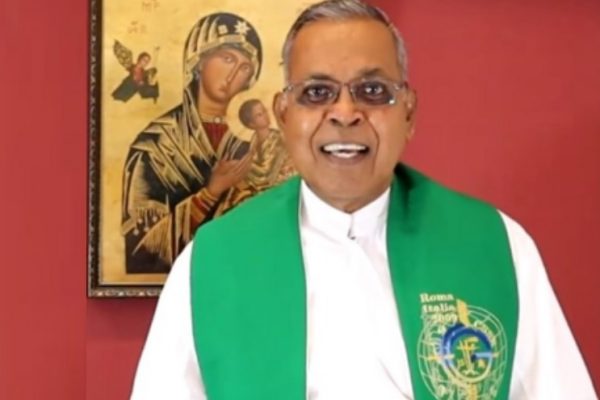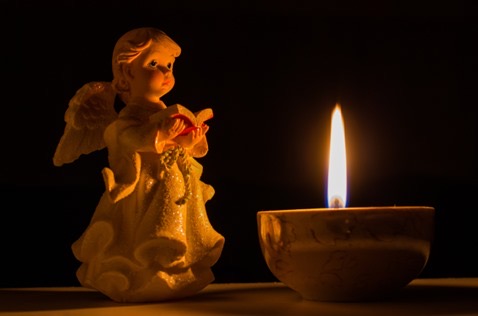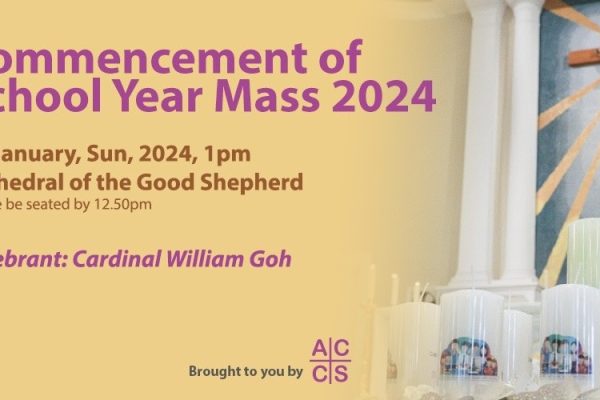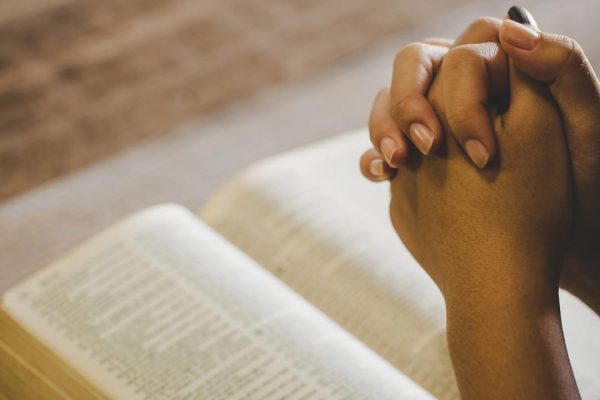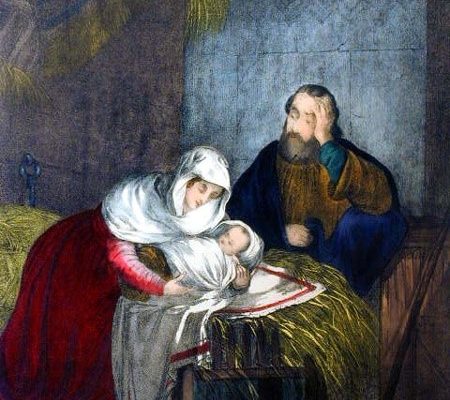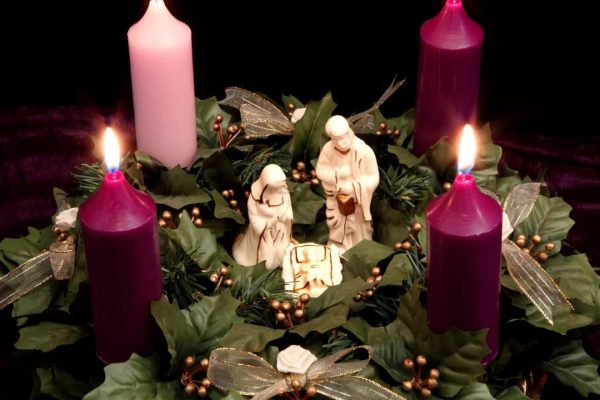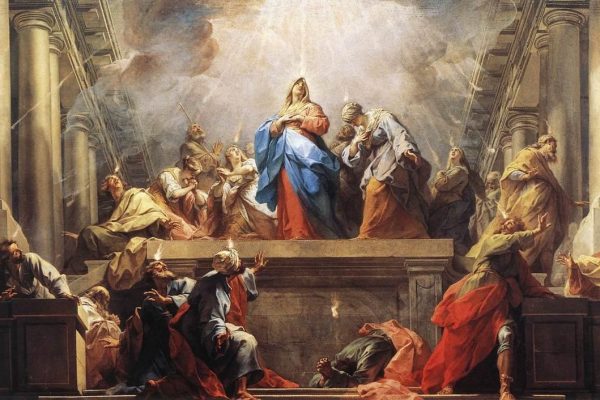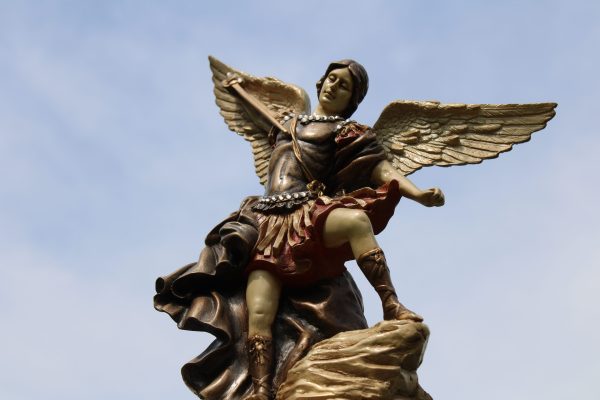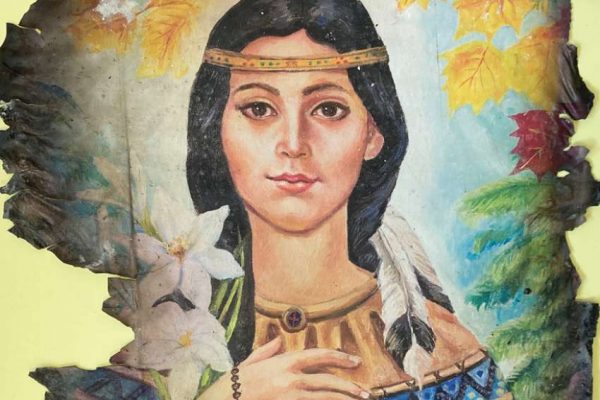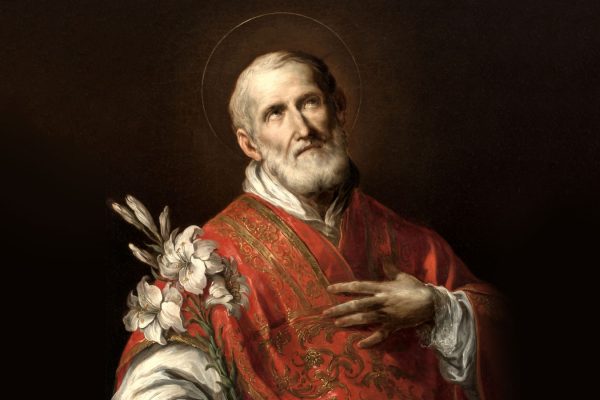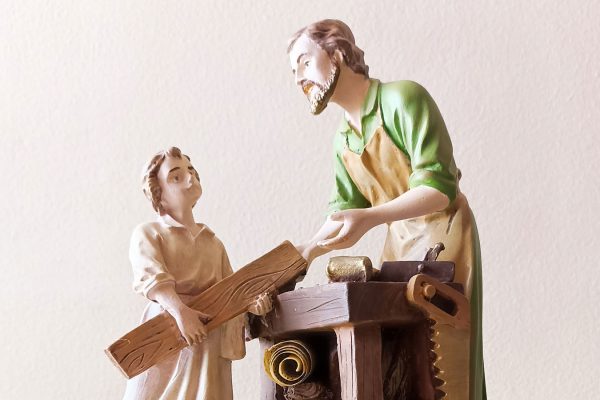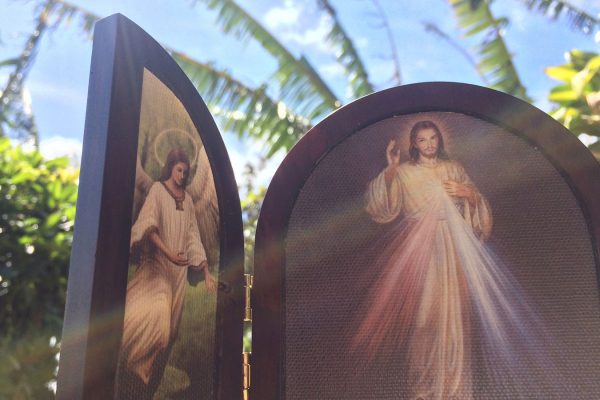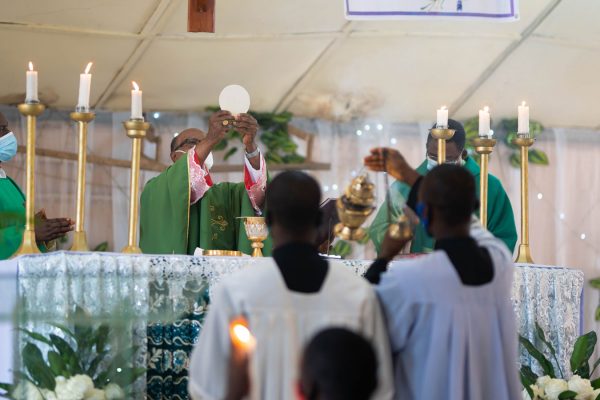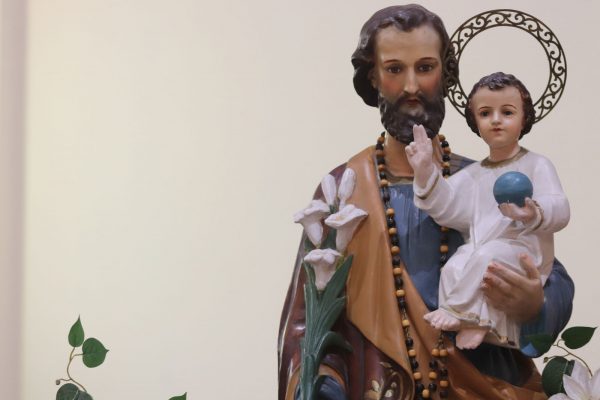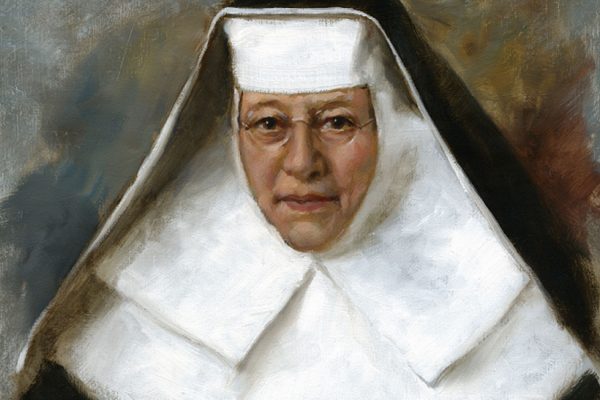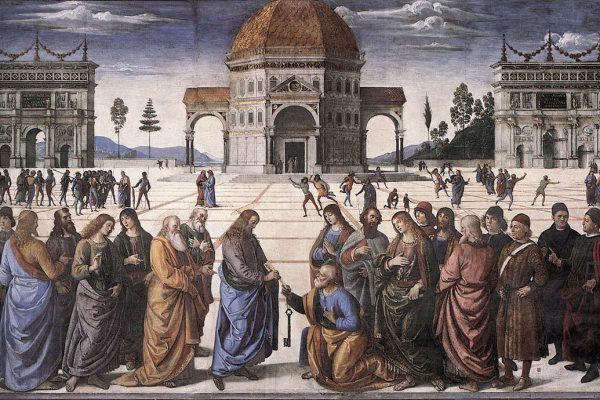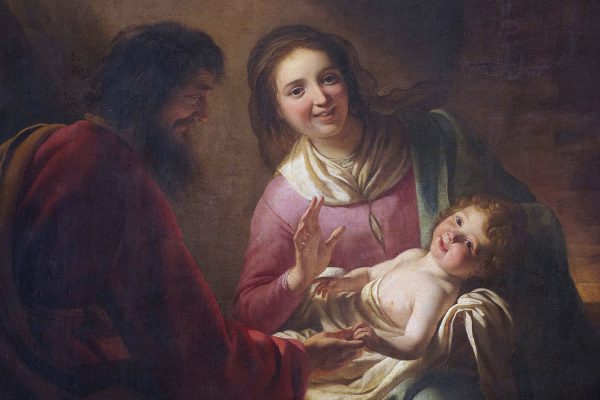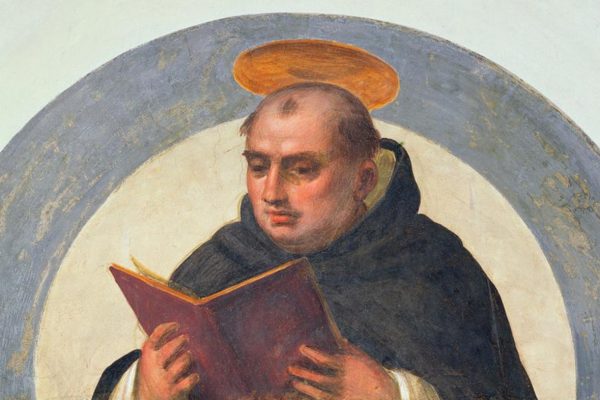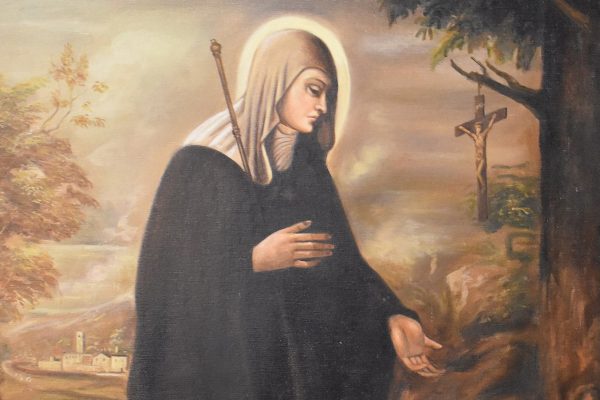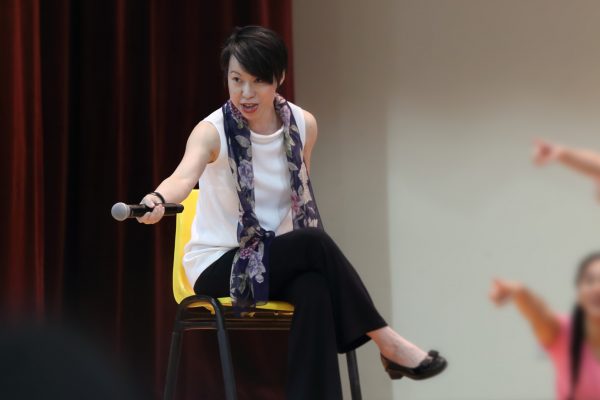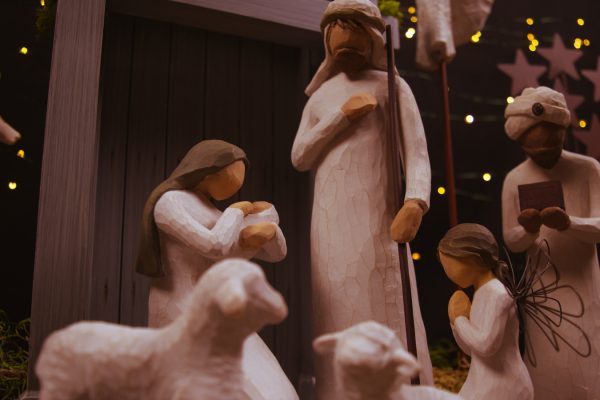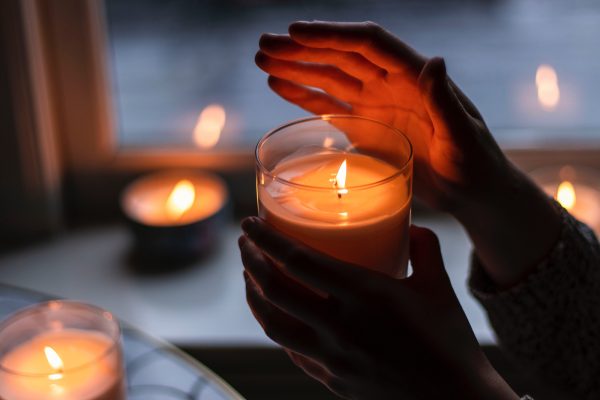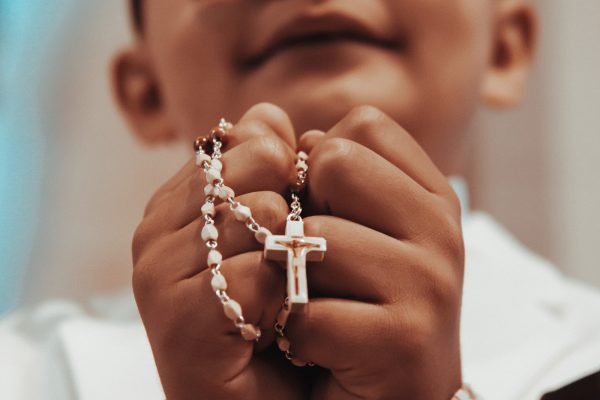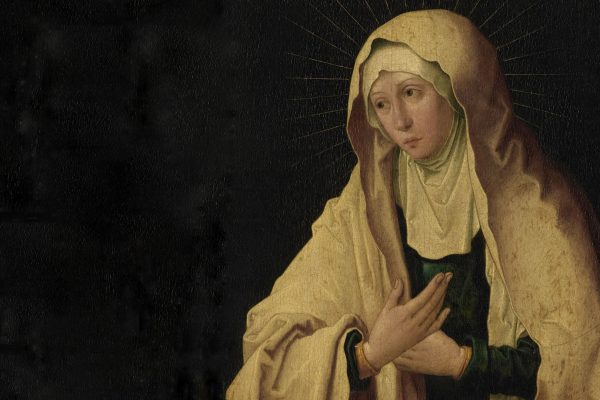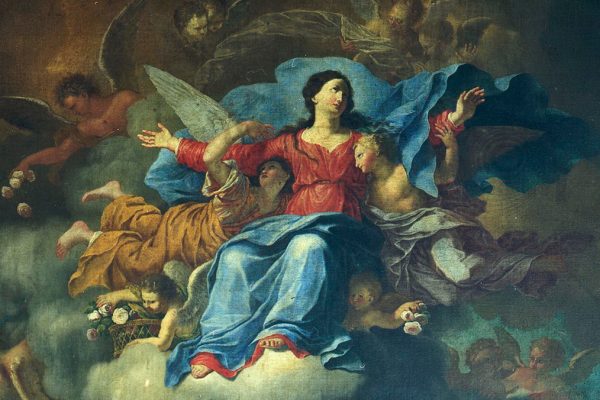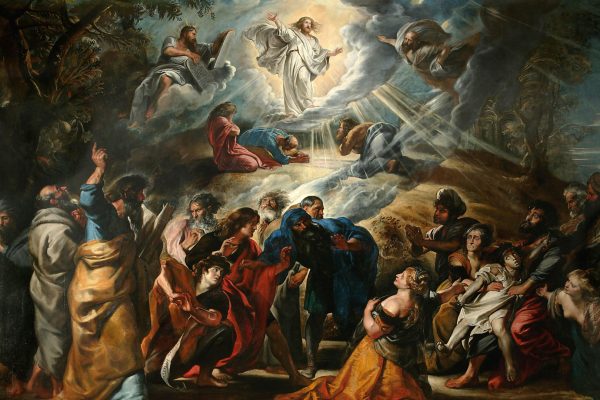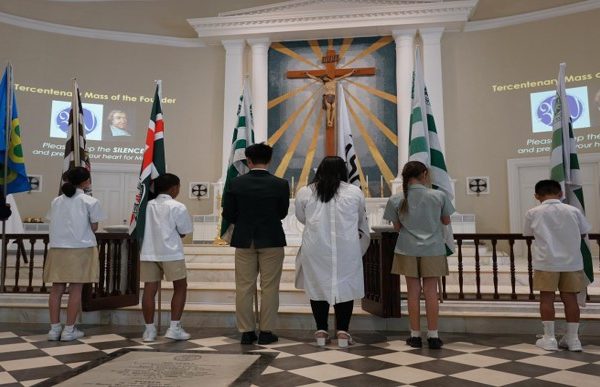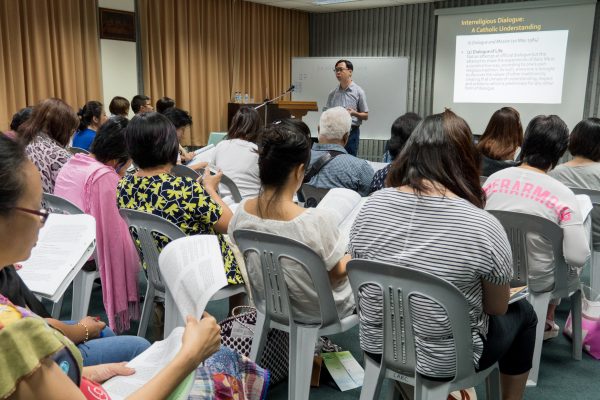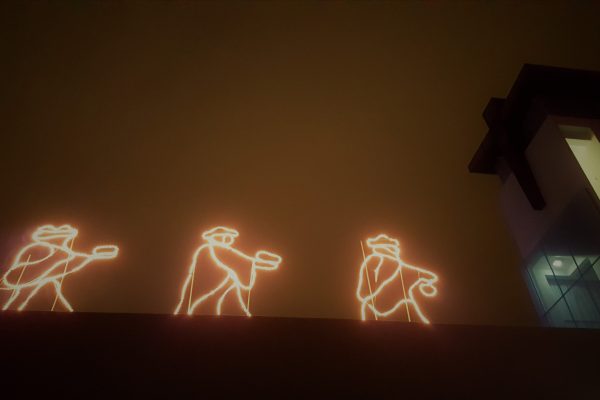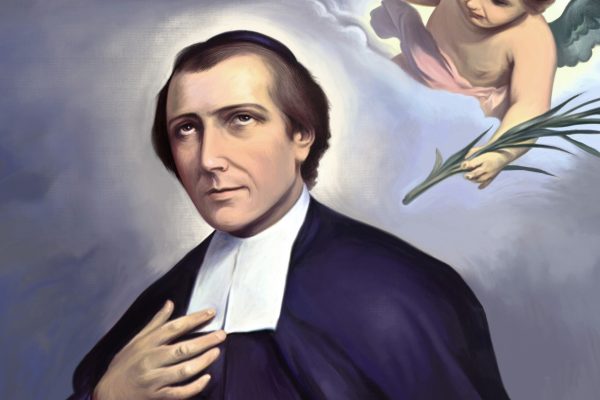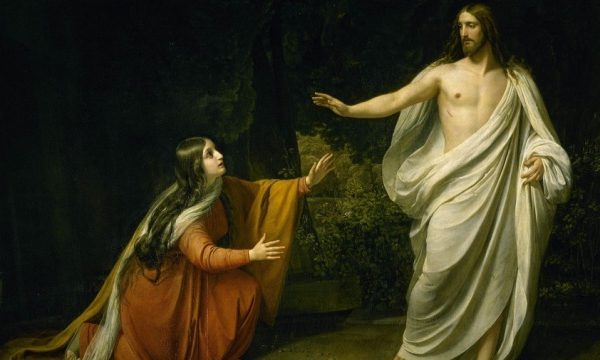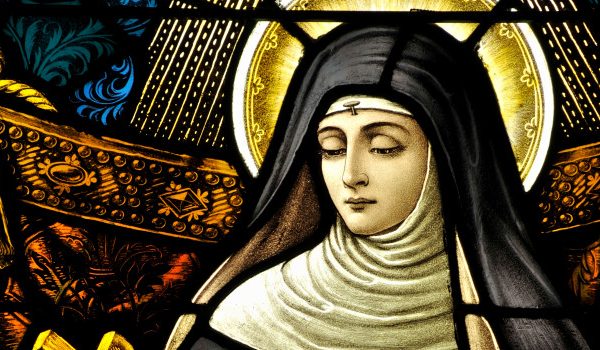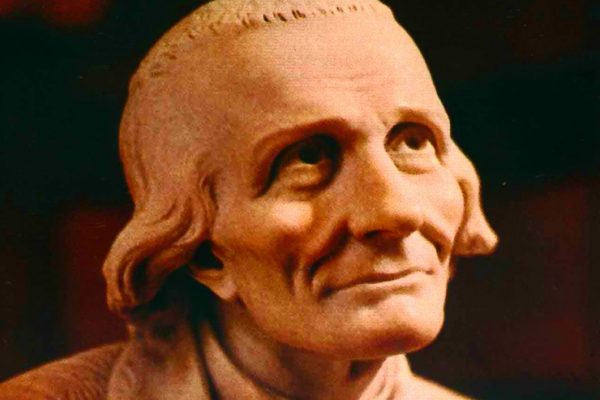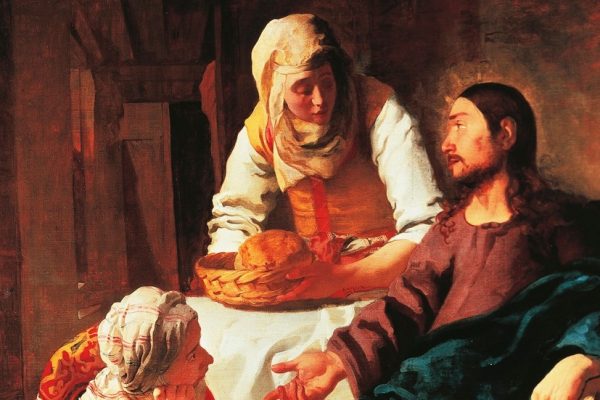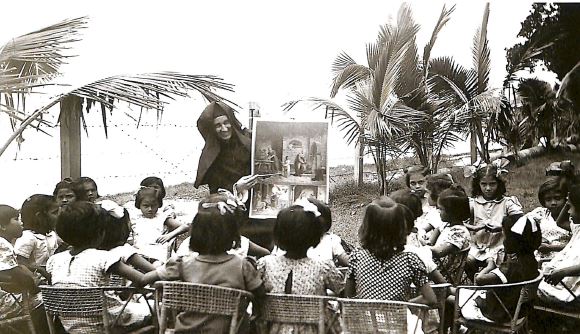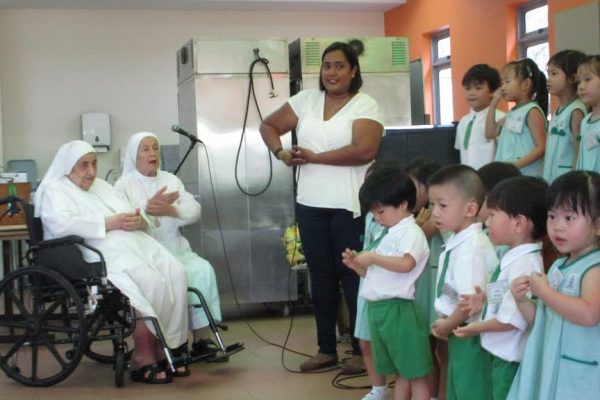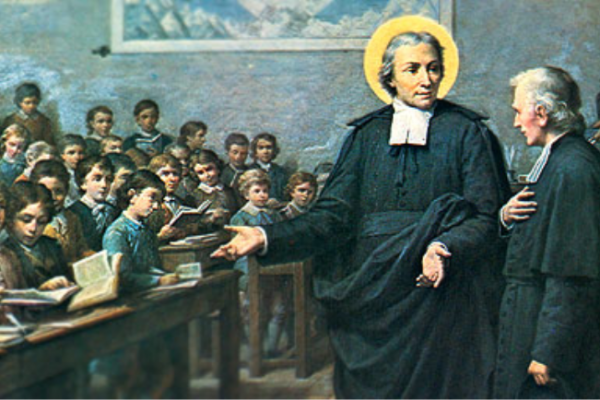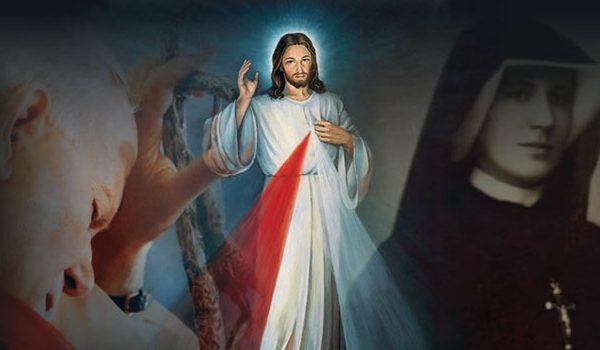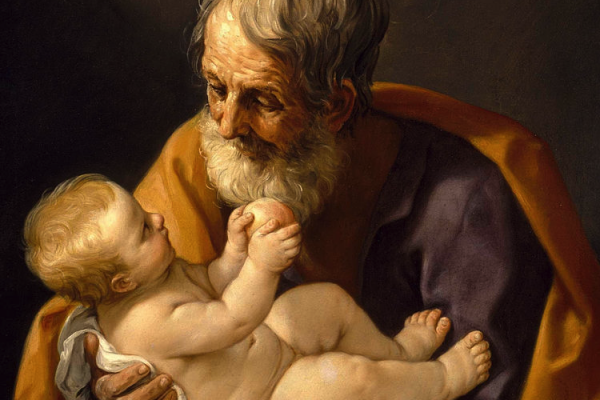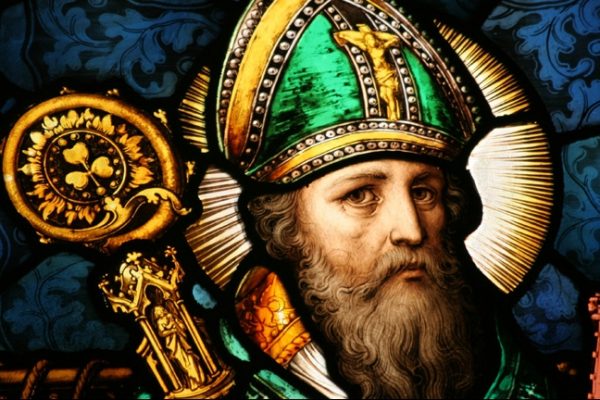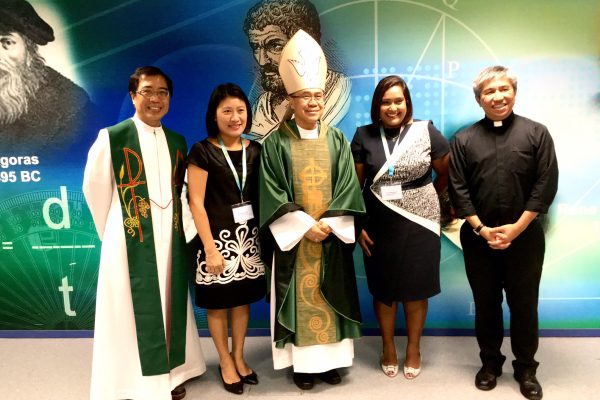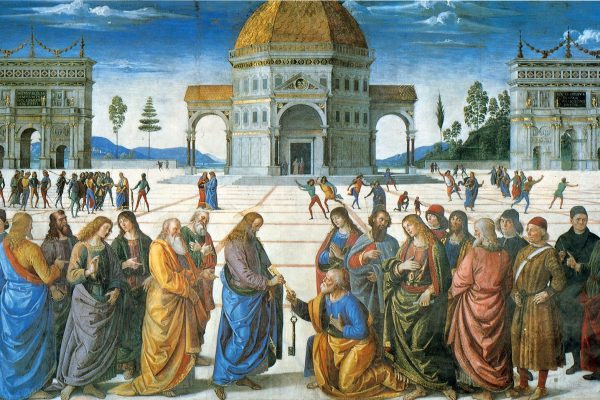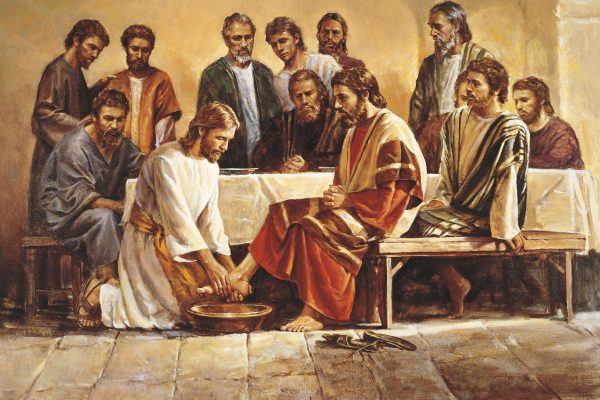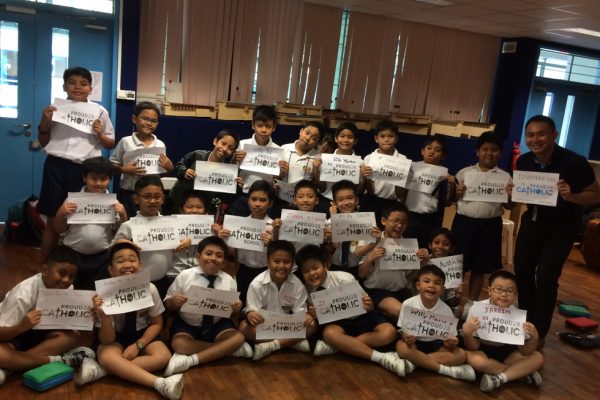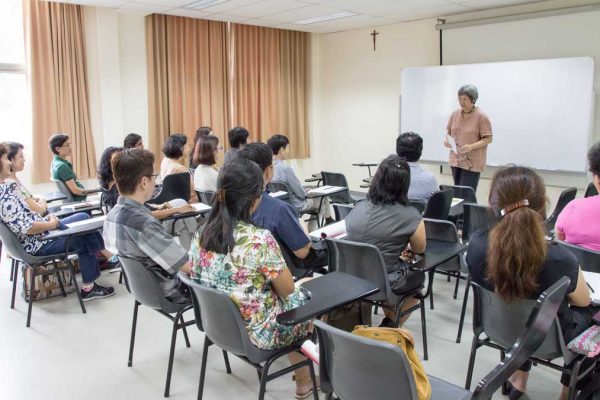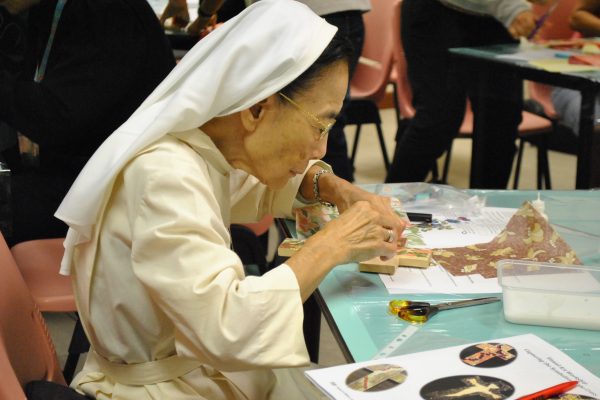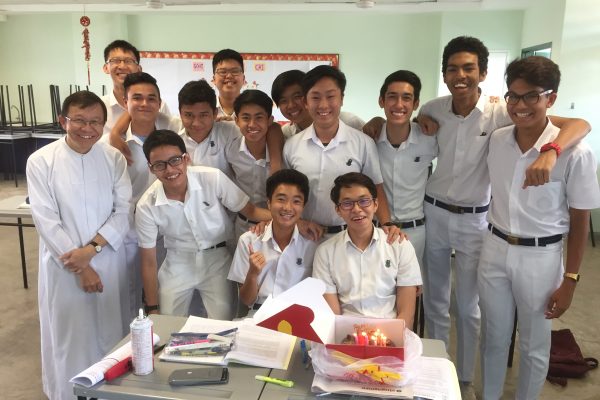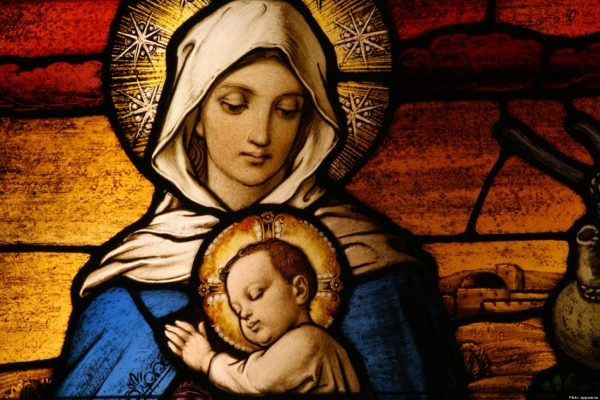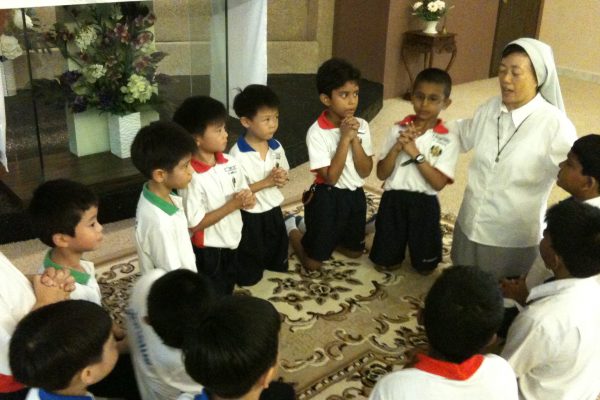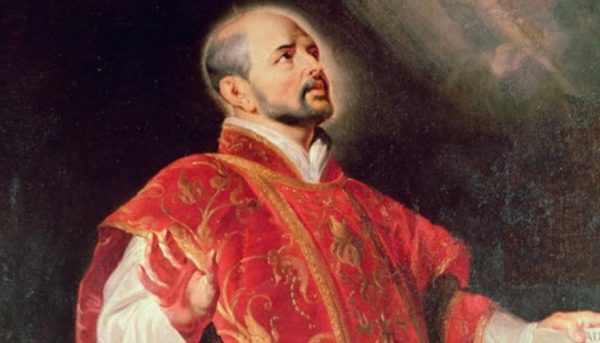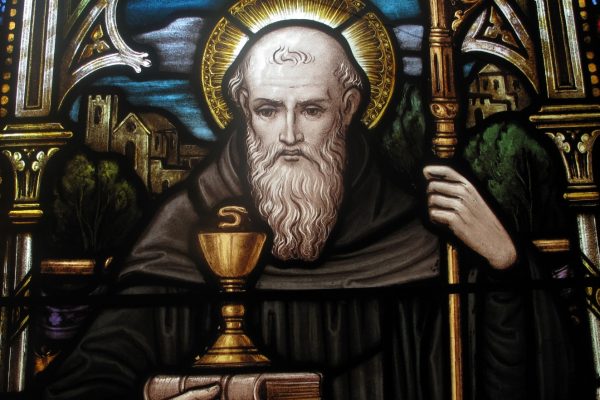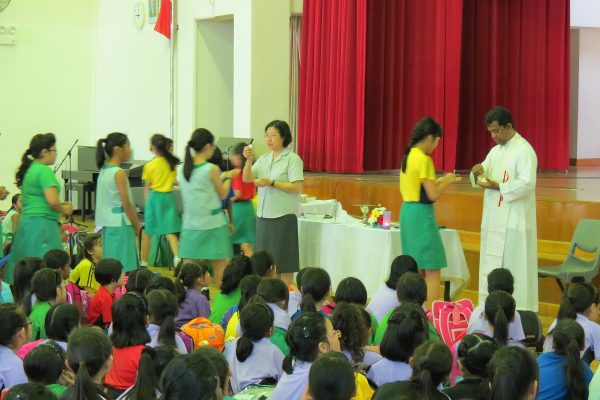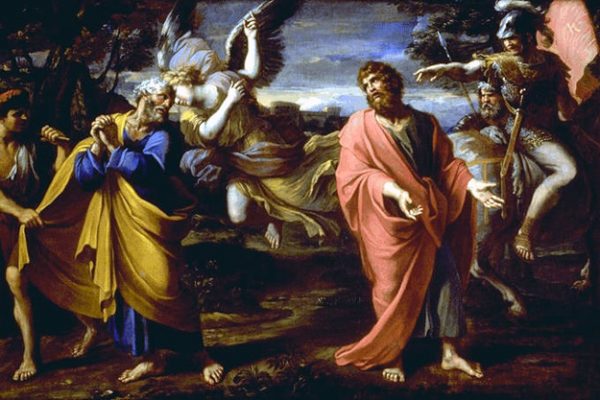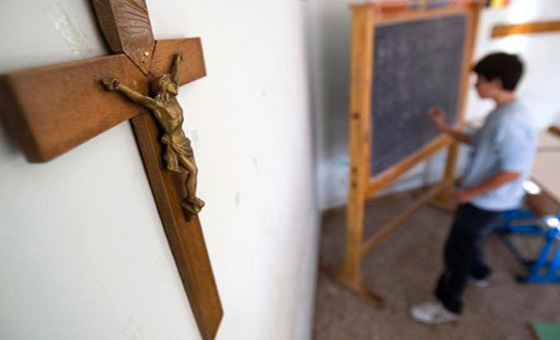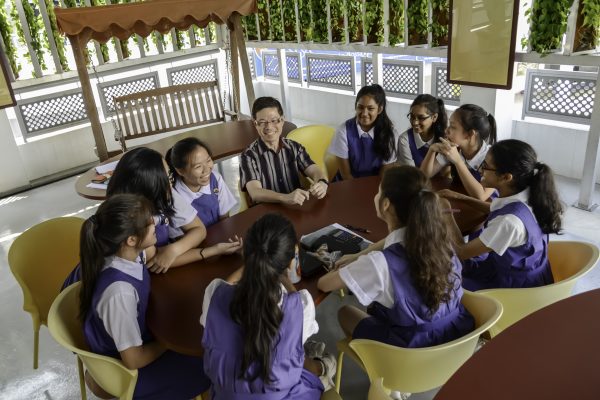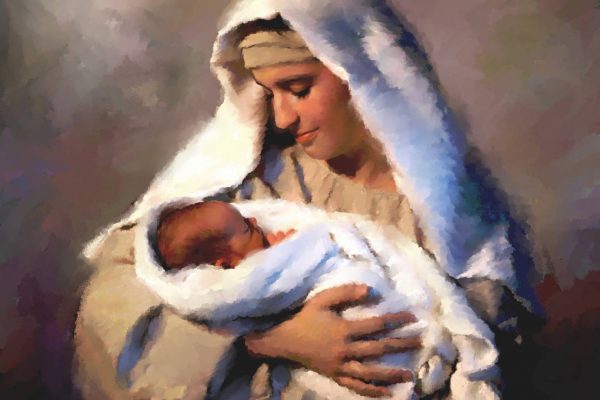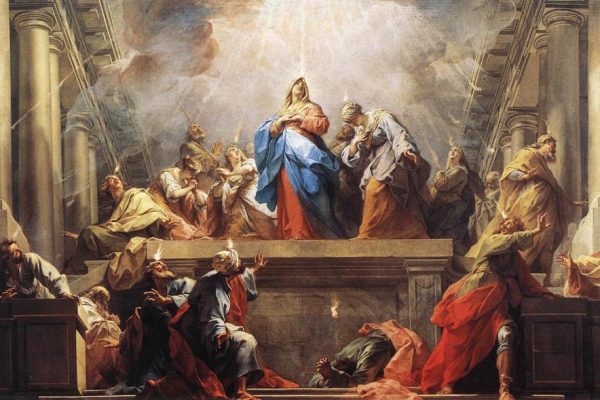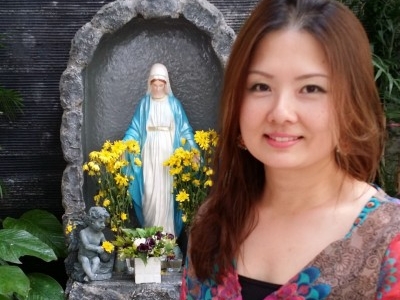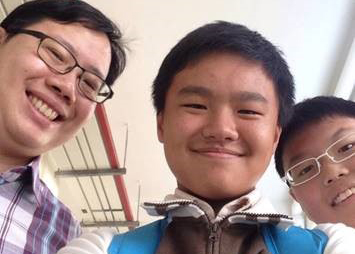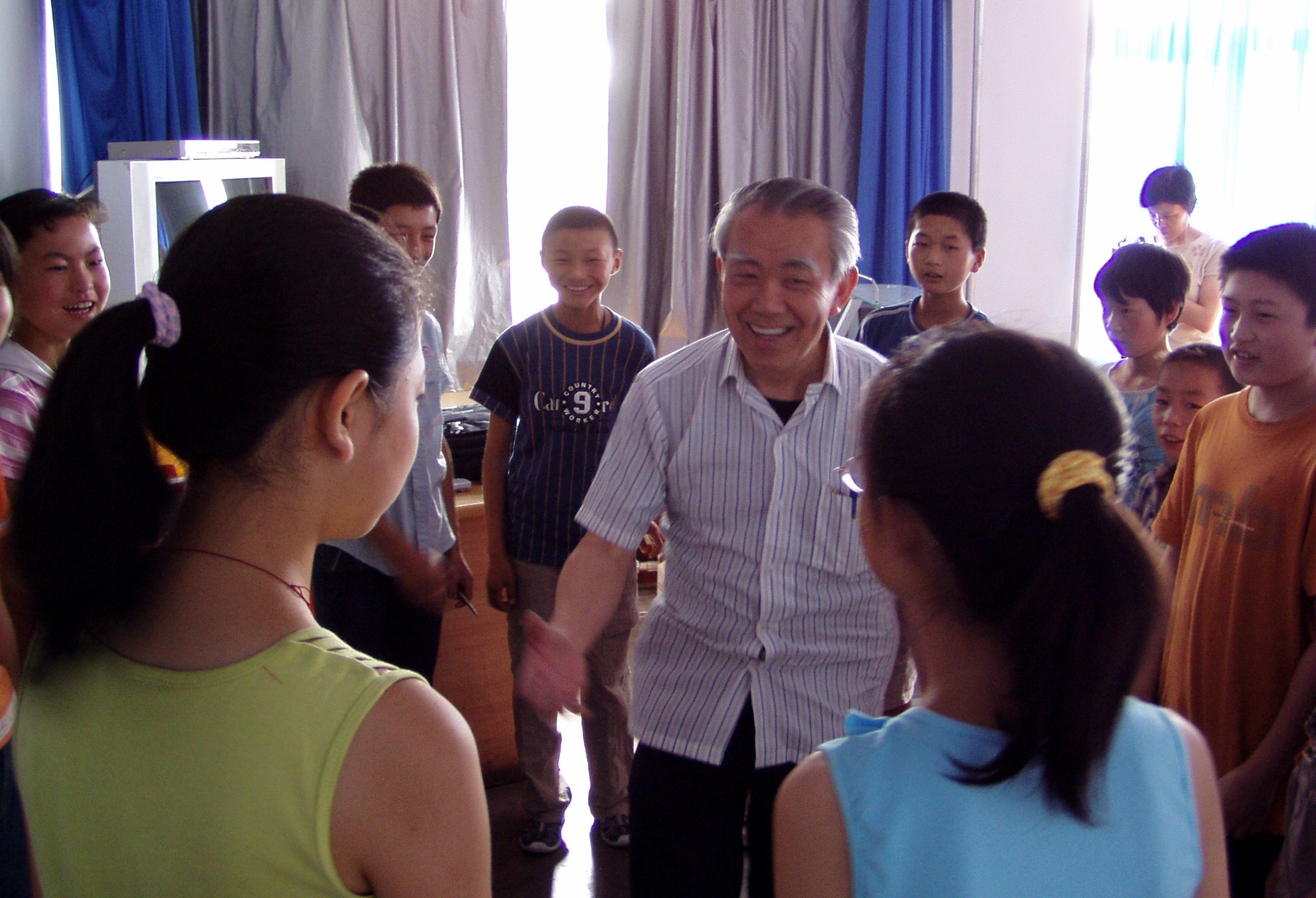
A day in the life of… Br John Lek FMS
The main calling of the Marist brothers is education, and this was exactly where Br John Lek FMS has been serving God since taking his vows more than 50 years ago. He shares some of his experiences and lessons learnt over the years.
What are your roles and responsibilities as a religious involved in education?
I began as a teacher in a secondary school in Sibu, Sarawak. Besides teaching, I helped lead Catholic activities in the school as spiritual director of the Legion of Mary and with them promoted Catholic activities in school. Then, while still teaching, I took on various responsibilities such as work as laboratory technician, librarian, office clerical work and director in charge of the training of potential candidates for the Marist Brothers. Back in Singapore for a short time, I was teacher, discipline master, and then principal at Maris Stella High School. At another time, I was chosen to lead the Marist Brothers of our region comprising of China, Taiwan, Hong Kong, Malaysia and Singapore.
What are some of the difficulties in your area of work with schools and education?
Difficult students and teachers. The difficult students are easier to deal with than the difficult teachers, because teachers are adults and believe that their ways are right, their ways are the best and perhaps the only way. There is the clash of values, attitudes and ways of dealing with things.
It was not at all easy [to overcome these difficulties], the anger, the anguish and the disappointments. But it is during such moments that I experience the power of God, the action of the Holy Spirit, more concretely. I do my best in the way things should be done, and somehow, things turn out okay.
What the fondest memory of your time working in the education sector?
One of the instances that comes to mind was a student whom I managed to help persuading his parents to let him switch school. He came and thanked me after a few months in his new school, and told me that he had become a student leader. He had been causing trouble and after many hours of talking with him, I came to understand his aspirations and decided to help. This was one of the occasions I really experienced what it means to listen with an understanding heart.
What does being a Catholic educator mean to you?
God is love and He loves us unconditionally, which is well manifested in Christ Jesus. As Catholic teachers we are to transmit that. Our founder, St Marcellin Champagnat, famously said, “I cannot see a child without wanting to let him know how much Jesus Christ loves him and how much he should, in return, love the divine Saviour”. He founded the congregation in order to “make Jesus and Mary known and loved”. This is one of the things that differentiates a Catholic teacher from any other teacher. However, God gives us freedom to respond to His love and He accepts us the way we are. We accept everyone irrespective of faith, race and culture. We share our belief and values by words and deeds. We do not impose our faith on others.
Why is education an important aspect of the Marist brothers?
Education for the young, especially those most neglected, is what we are founded for. Our founder, due to his personal experience of the deprivation of education, particularly Christian education, was convinced that that was what he was called to do. With the consent of his Marist Fathers, he founded the congregation barely six months after his ordination.
What is one thing about St Marcellin Champagnat that inspires you?
That his personal experience of the neglected youth in the aftermath of the French Revolution was able to move him to start a congregation to provide Christian education for them. He was a man of action, a man of vision, a man with an understanding heart, a humble character who treated everyone as equals. He was ever present to all, always available, and he formed his Brothers to do the same.
Has a student ever inspired you or taught you something valuable?
I spent many hours talking to a student who had been causing trouble to teachers and his parents. I discovered he was so intelligent that he was able to see through me and the methods I tried using to deal with him. He knew every psychological term and strategy. I learned not to talk down to people, no matter whether they are younger or under my charge. I try to be aware of what I am doing when dealing with people, as much as I can.
Any such experience with teachers you’ve worked with?
One colleague that I admired was a teacher who chose to be the form teacher of the more challenging class, instead of the brightest ones. She would treat the students with respect and encouraged and challenged them to do their best, affirming them at the appropriate time and in creative ways.
On the other hand, encountering a negative example had also taught me a valuable lesson. I knew a teacher who had an overly high expectation of her students, resulting in her unintentionally hurting a student who had difficulty coping with school after he lost his father. He had to repeat a year as he was unable to deliver, and the teacher unknowingly said things that he found hurtful. I had much trouble trying to counsel him and encourage him after that. I learned from that incident that teachers should really try to have an understanding heart, to be open and non-judgmental when trying to find the root cause of problems.
What is one aspect or character of a Catholic school that you appreciate the most?
Catholic schools in Singapore are able to provide faith formation for Catholic students and students who are interested. Catholic schools are also able to instill spiritual values to all. We share with our students the Catholic values and world view, but we do not impose anything on them.
What difference would it make if a parent (especially a Catholic parent) enrolled his children in a Catholic school?
In general, Catholic schools in Singapore has sound ethos and strive to provide a holistic education and spiritual values, preparing students to be a good and compassionate persons and citizens. Another important aspect you can find in a Catholic school is faith education.
What is one advice you would give to teachers today?
Be open-minded, be positive, be patient and compassionate in dealing with every situation you encounter. Be aware of your personal agenda and try to be other-centred. Do your best and leave everything to God. One of the favourite prayers of our founder, St Champagnat, is psalm 127, “If the Lord does not build the house, in vain do its builders labour; if the Lord does not watch over the city, in vain does the watchman keep vigil”. Be patient, God has His time and His way of achieving the best. Things will turn out better than what you expect or the way you think it should be. Look back at your life and if you reflect deep enough, you will find that this has always been true. Have faith in God.

